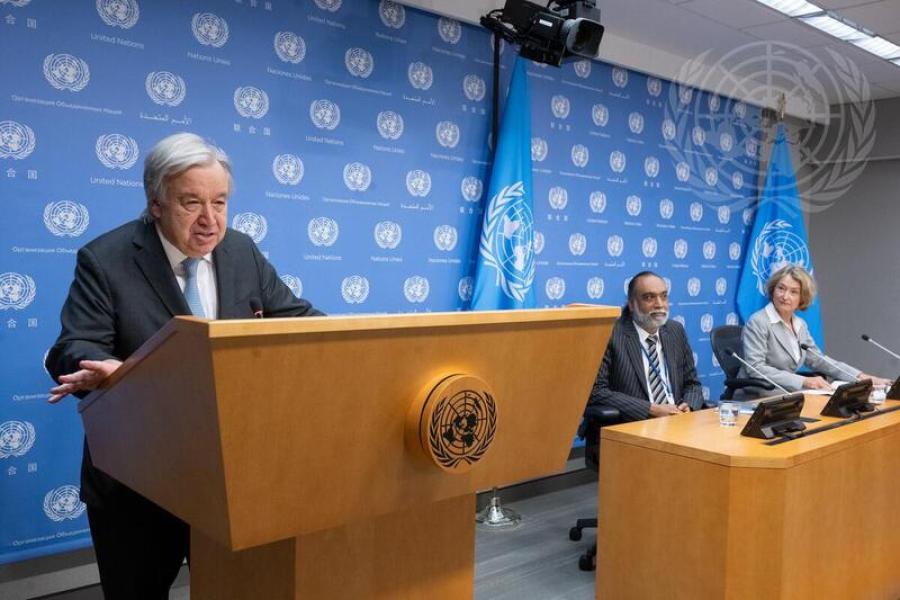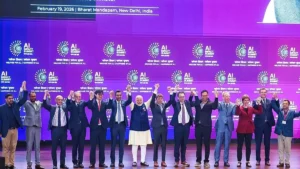The United Nations, under the leadership of Secretary-General Antonio Guterres, has taken a significant step toward managing the opportunities and challenges posed by artificial intelligence (AI). Guterres emphasized the vast potential of AI for positive transformation, yet acknowledged the pressing need to address associated risks. To facilitate international cooperation and consensus on AI governance, a 39-member advisory body has been established, comprising tech industry leaders, government officials, and academics from diverse backgrounds.
Advisory Body’s Composition
- The advisory body includes prominent figures like Sharad Sharma, co-founder of India’s iSPIRT Foundation, and Amandeep Singh Gill, UN Secretary-General’s Envoy on Technology.
- These experts from six countries will collaborate to identify global AI risks and explore ways to mitigate them through international cooperation.
Objectives and Focus
- The primary objective of the advisory body is to establish a consensus on the risks associated with AI on a global scale.
- By bringing together perspectives from various nations, the panel aims to formulate comprehensive recommendations on AI governance.
- The focus lies on understanding the transformative potential of AI for public health, education, crisis prediction, and climate crisis mitigation, while also addressing concerns about the malicious use of AI, which could erode trust in institutions and democratic values.
Role of Sharad Sharma
- Sharad Sharma, representing India, plays a crucial role in providing the Indian perspective on AI governance.
- As the leader of the iSPIRT Foundation, known for conceptualizing innovative digital public goods like India Stack and Health Stack, Sharma’s expertise will contribute significantly to the advisory body’s deliberations.
Timeline and Deliverables
- The advisory body is set to meet for the first time on October 27. It aims to issue preliminary recommendations on AI governance by the end of the current year.
- The final recommendations, encompassing a holistic approach to AI regulation and cooperation, are expected to be finalized by 2024.
- This timeline underscores the urgency and importance of addressing AI-related challenges promptly.




 Geneva to Host AI Summit 2027 & UAE ...
Geneva to Host AI Summit 2027 & UAE ...
 India-Brazil Seal 10 Big Deals: A New Po...
India-Brazil Seal 10 Big Deals: A New Po...
 AI Impact Summit 2026 Concluded As 89 Na...
AI Impact Summit 2026 Concluded As 89 Na...








